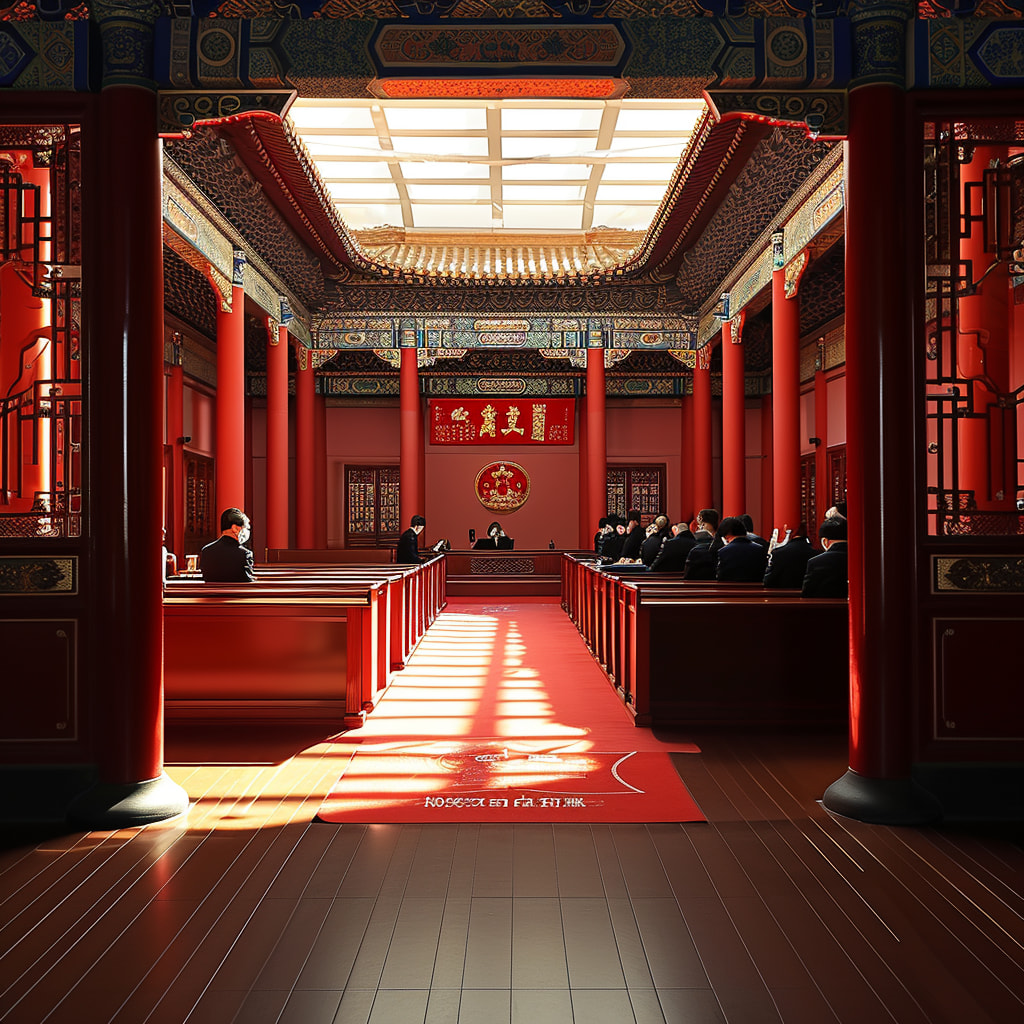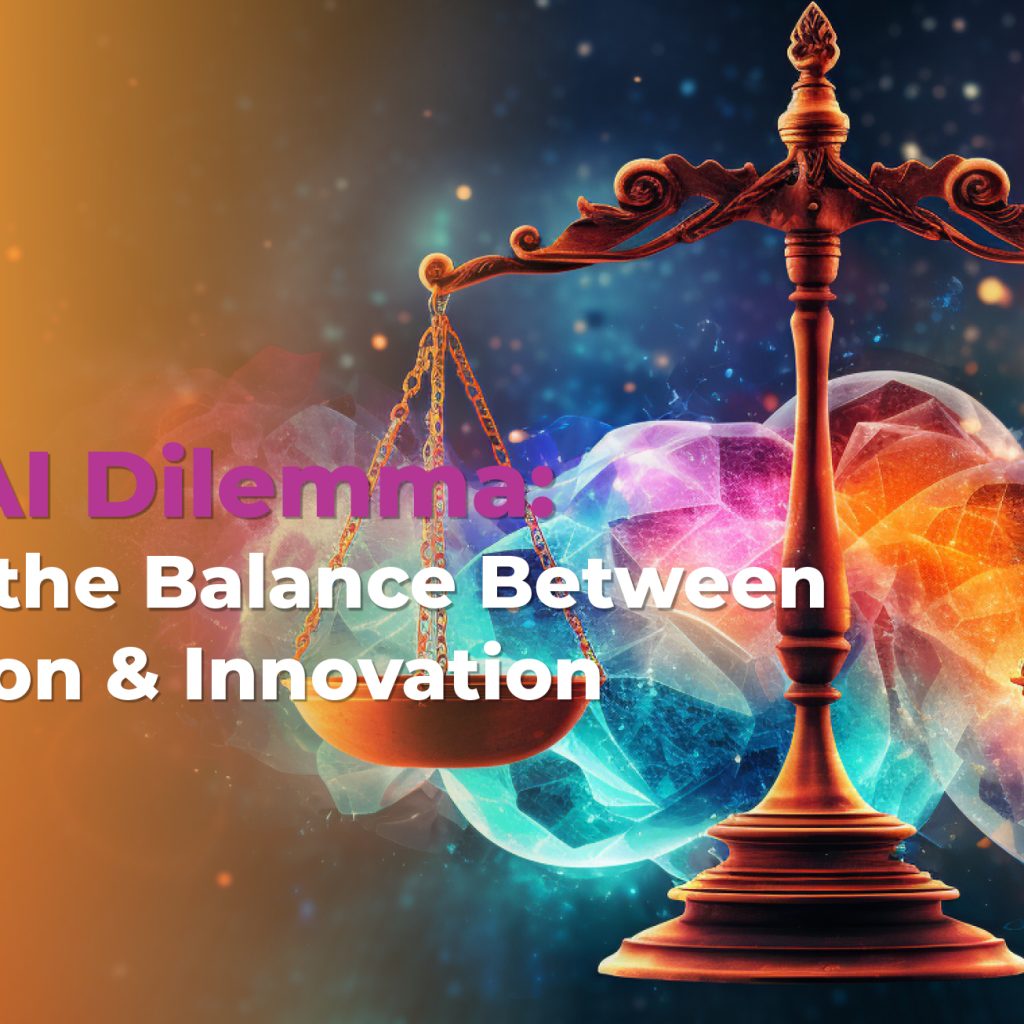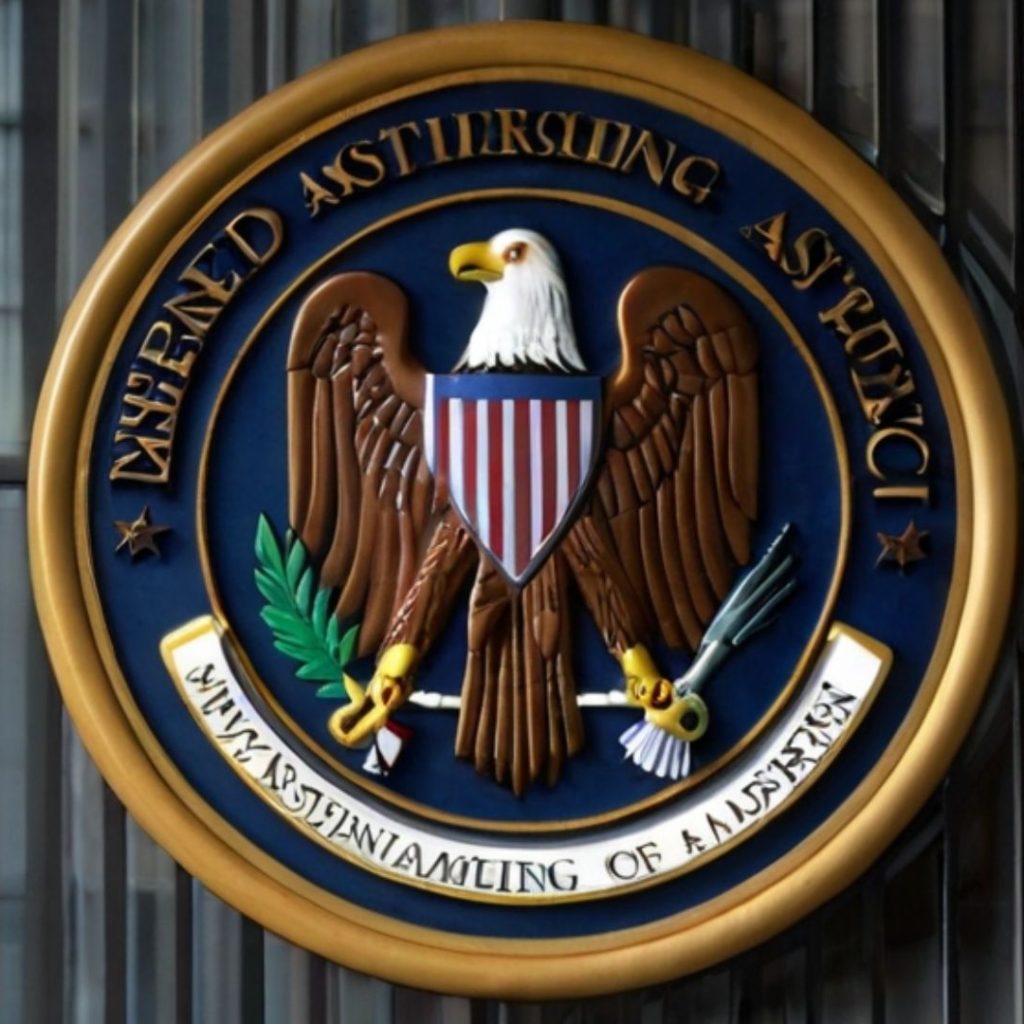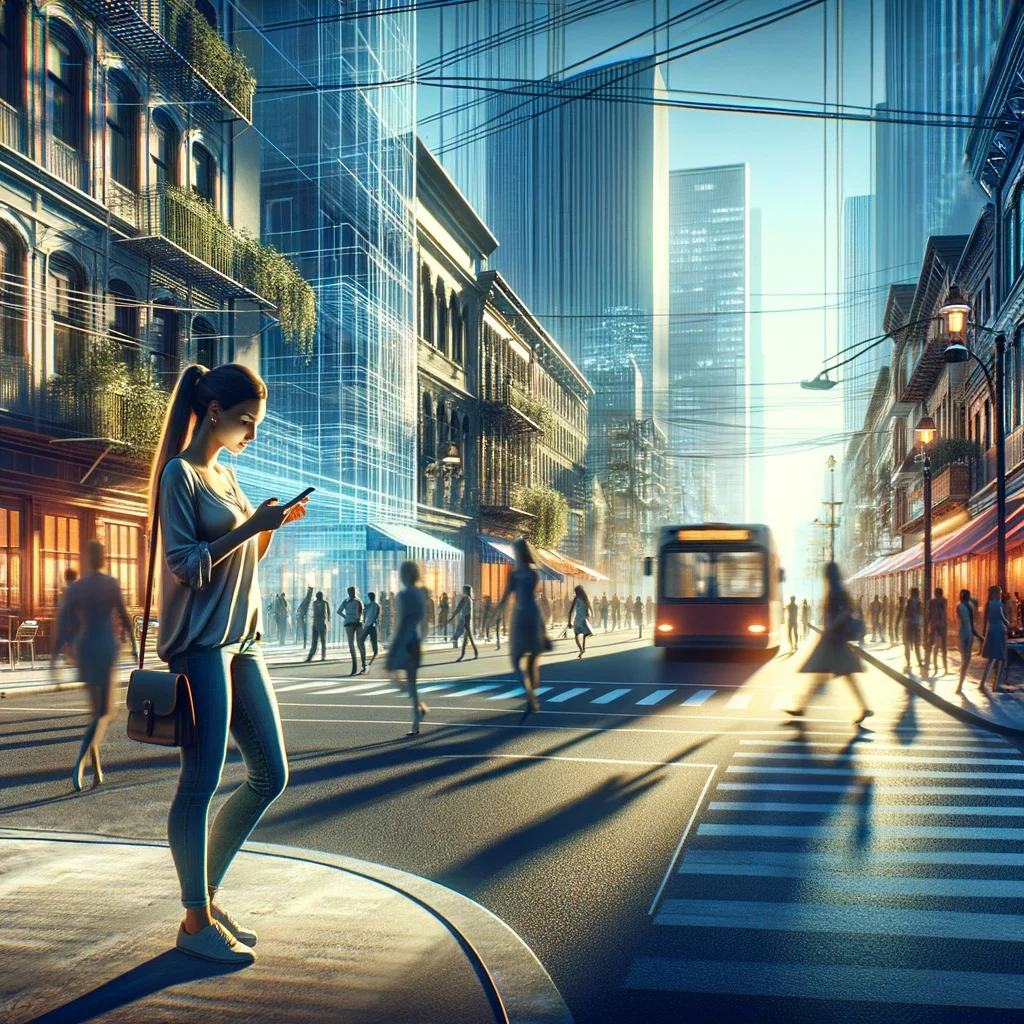In a groundbreaking ruling, the court in Beijing, China, granted copyright to an image generated by artificial intelligence (AI) after the producer took legal action against a blogger for unauthorized usage.
Court Awards Copyright Status to AI-generated Image
The plaintiff, who identified himself as Mr. Li, created the image using Stable Diffusion, an AI image generator. Subsequently, Ms. Liu, a blogger, used the image without authorization, including removing all watermarks and identifications.
Mr. Li initiated a copyright violation lawsuit against Ms. Liu at the Beijing Internet Court, resulting in an order for Ms. Liu to pay damages of $70 (CN¥500) and costs of $7 (CN¥50). The central question before the court was whether copyright could be attributed to an AI-generated image. Judge Zhu Ge ruled in favor, asserting that the image met the criteria because it embodied Mr. Li’s intellectual contributions and aesthetic choices.
The judge explicitly identified Mr. Li as the author, not the AI system Stability AI that produced Stable Diffusion. This determination was based on Mr. Li’s extensive involvement in character presentation, including intellectual investments in prompt word selection, arrangement of prompt words, parameter settings, and image selection based on expectations.
According to the court’s ruling, “The picture involved reflects the plaintiff’s intellectual investment, so the picture involved meets the requirements of ‘intellectual achievement.'”
Legal Implications for AI-Generated Content
It’s worth noting that the Beijing Internet Court handles unique cases related to the Internet, even though it is not China’s highest intellectual property (IP) court. China does have a specialized IP court, and legal experts speculate that this decision may not necessarily set a precedent and could be subject to review by superior courts.
Andres Guadamuz of TechnoLlama acknowledged the court’s decision but pointed out that it might potentially be reversed or disregarded by other courts. Nevertheless, this ruling is significant, particularly in the context of generative AI. Judge Zhu Ge stated that this verdict would provide guidance for future disputes involving AI-generated content.
This case highlights the legal complexities arising from AI-created content and copyright issues. Legal systems are evolving to address the intricacies of copyright in the digital age as AI continues to advance. The Beijing court’s ruling marks a significant departure from a previous standpoint that did not recognize the creative contributions of humans using AI tools and raises important questions about the potential for copyrights in AI-produced creations.





